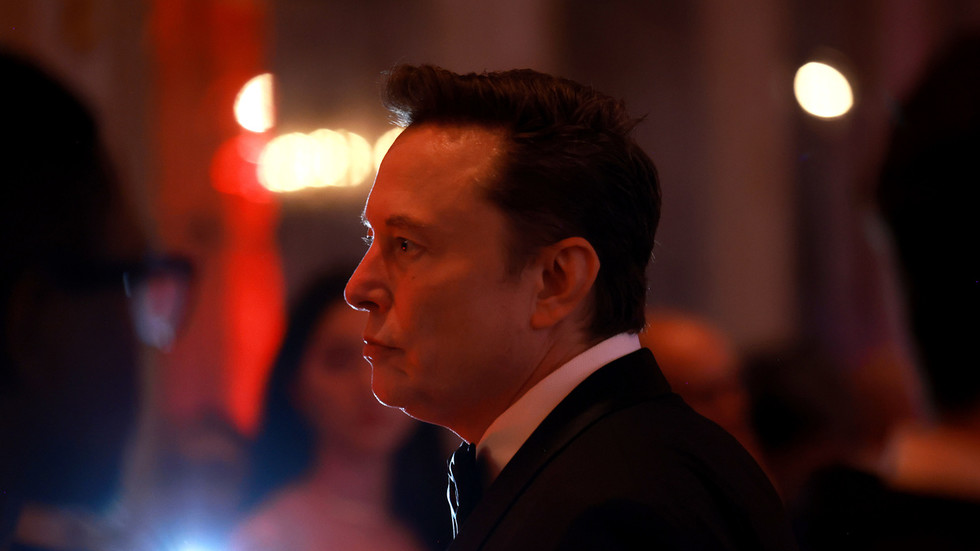In recent developments, tech billionaire Elon Musk has emerged as a significant figure engaging in international diplomacy, particularly concerning tensions between the United States and Iran. According to reports from unnamed Iranian officials cited by the New York Times, Musk, a close ally of US President-elect Donald Trump, met with Iran’s ambassador to the UN, Amir Saeid Iravani, in New York. This meeting was characterized as an effort to “defuse tensions” amidst a landscape of strained US-Iran relations. Iranian sources described the discussions as “positive,” indicating a potential shift towards more constructive interactions. While Musk has remained silent on the matter, the Trump administration has yet to confirm or deny the meeting, further shrouding the event in confidentiality.
Musk’s influence within Trump’s inner circle has grown considerably, especially with the president-elect appointing him to lead a newly formed extra-governmental department aimed at enhancing government efficiency. This suggests that Musk’s role may extend beyond business into political realms as he aligns closely with Trump’s vision. The incoming administration is also populated with officials known for their hawkish stance towards Iran and strong support for Israel, including the appointment of Senator Marco Rubio as Secretary of State and Congressman Mike Waltz in a national security role. This strategic positioning indicates a firm commitment to a “peace through strength” doctrine that could complicate any moves toward rapprochement with Tehran.
Historically, Trump’s first term was marked by aggressive actions against Iran, including the withdrawal from the 2015 nuclear agreement and the implementation of a robust campaign of sanctions. The killing of Qassem Soleimani, a key Iranian military leader, in a drone strike ordered by Trump further escalated tensions. Following this incident, Iran responded with vows of retaliation, calling the attack an act of terrorism and denying US allegations that Soleimani was a threat to American interests. As relations deteriorated, both nations retreated into defensive posturing, with the narrative shifting dramatically in light of heightened geopolitical concerns.
Recently, both Iranian Supreme Leader Ali Khamenei and the country’s newly elected president have expressed a willingness to negotiate with the US, provided concrete actions are taken to demonstrate a reduction in hostilities. Such a position indicates a potential doorway to dialogue; however, significant hurdles remain, particularly given the backdrop of ongoing regional conflicts, notably the war in Gaza, and the US’s unwavering military support for Israel. Trump’s previous pro-Israel policies, including relocating the US embassy to Jerusalem, have solidified the complexities surrounding any diplomatic overtures towards Iran.
The geopolitical landscape remains volatile, and with the military and diplomatic bonds between Washington and Israel continuing to strengthen, a straightforward path to negotiations with Iran is fraught with challenges. The timing of Musk’s engagement with Iranian diplomats could be interpreted as an indication that there are individuals on both sides willing to explore diplomacy, despite the stark political rhetoric that has characterized US-Iran relations in recent years. Observers remain cautious, however, as the long-standing issues of trust and divergent national interests are deeply entrenched in the narratives of both nations.
In summary, Elon Musk’s recent meeting with Iranian officials symbolizes an intriguing intersection of business and geopolitics, potentially heralding a shift in the dynamics of US-Iran relations against a backdrop of complex historical grievances and current political realities. As the Trump administration prepares for a new term, the influences of key figures like Musk and the appointments of hardline officials suggest a continued emphasis on assertive policies towards Iran, further complicating the prospect for diplomatic engagement amidst ongoing regional conflicts and entrenched positions. The future of US-Iran relations will depend significantly on the ability of both sides to reconcile their differences and foster a climate conducive to dialogue, even as tensions remain high.

